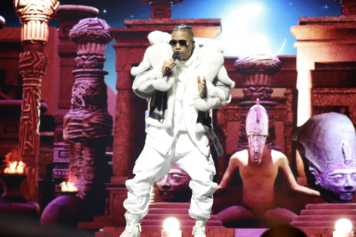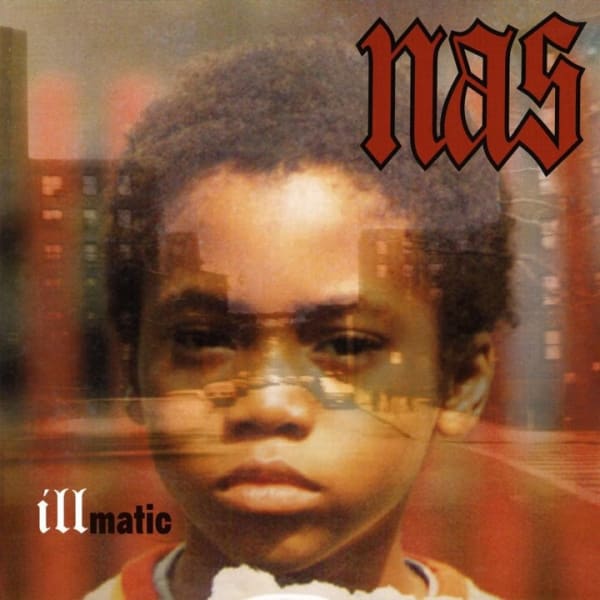The Land, Executive Produced by Hip Hop legend Nas and starring Jorge Lendeborg Jr, Moises Arias, Rafi Gavron, and Ezri Walker, is the most all-encompassing urban drama that I have seen in over a decade.
Beautifully shot amid urban decay, the film also features gut-wrenching performances from Erykah Badu, Kim Cole and rapper Machine Gun Kelly.
The Land has been making the rounds to rave reviews throughout the film festival season, and The Shadow League was on hand for its New York City premier, where we chopped it up with the film’s director, Steven Caple, Jr.
The Shadow League: What is the plot of the movie?
Steven Caple, Jr: The Land is my first feature film. Three years ago I had this concept of these skateboarders who were sponsoring themselves by selling drugs, and that’s how they paid for competitions and the camera equipment to record themselves.
I started writing the script and it was based on this group of skaters in Los Angeles, then I started tying my personal stuff to it like who I was, how I grew up with, the relationships in the film and especially my relationship with the city of Cleveland, Ohio.
I went back home to Cleveland one summer and found that the skateboard community was really on the rise. I was like ‘Wow, we built two new skate parks and they’re taking kids off the streets.’ It was Black kids and Latino kids. It was really mixed.
TSL: Skateboarding was once frowned upon in urban areas but is more popular than ever. What made you go that route in this film?
SC: I’m in a generation gap where I can still connect with the youth, but in my generation black people skating was frowned upon. I talked to Cleveland skaters and they love skating there, but the problem is they don’t have the year-round weather. They can’t take three buses to the suburbs to go skate in an indoor skate park. They had to go into basements and practice, as a opposed to L.A. where you could skate all year round. So, there was still like this feeling of bitterness.
TSL: The characters are so full of life and there seems to have been a lot of thought put into each one.
SC: The characters were based off real people. I went to a trade high school my freshman year and I wanted to get out of that trade high school really bad. I was like ‘Mom, they don’t have a team here, no sports, I’ve gotta go. I don’t wanna become a mechanic, I don’t wanna become a construction worker.’ And I’m obligated to go because of zoning regulations.
People talk about the system, well this is like being in the heart of the system at an early age. You’re stuck into this cycle. You see other people who didn’t want to become that either becoming gang members or are stuck on the block or whatever. So, I was able to relate to that experience of wanting to get out in some way, shape or form.
That really crossed over when I started tying some of those same emotions to these characters. You have a group of skaters who have that dream, but what happens to this dream when you’re put under pressure and forced to make all kinds of decisions and you get caught up in some stuff? That’s what these kids eventually end up doing.

TSL: Tell me about the primary protagonist.
SC: The lead protagonist in the film is a kid named Cisco, he’s a reckless skateboarder who wants to get out but is willing to take chances. He is the best of the group. But his recklessness and the way he approaches things also applies to his lifestyle and the way he moves. He lives under the worst conditions of anyone else in the group.
TSL: What are the primary obstacles these characters have to overcome?
SC: There’s no real role models, if I can quote J. Cole, there are no real role models within the film and I did that on purpose. I wanted people to see what life is like when you don’t really have any options. I wanted people to see what could happen when kids are forced to find their own way.
TSL: How did Nas become executive producer on this film?
SC: Nas got on board primarily because of music. He read the script and talked about my short films and he knew what I was trying to do with the film and the overall message. So, our budget was really small and we didn’t have anything for music.
I spoke to Nas before hand and told him I needed some music. His exact words were ‘It’s as good as done.’ Him and his team at Mass Appeal put up the money for the music and found the artists.
The Land opens in select cities this weekend and is slated to be released worldwide next week. It will be distributed by IFC Films. The soundtrack features music from Erykah Badu, Nas, Machine Gun Kelly and a host of hip-hop maestros.
Authentic from the roota to the toota, The Land turns the term “realness” into a visceral cinematic level.



